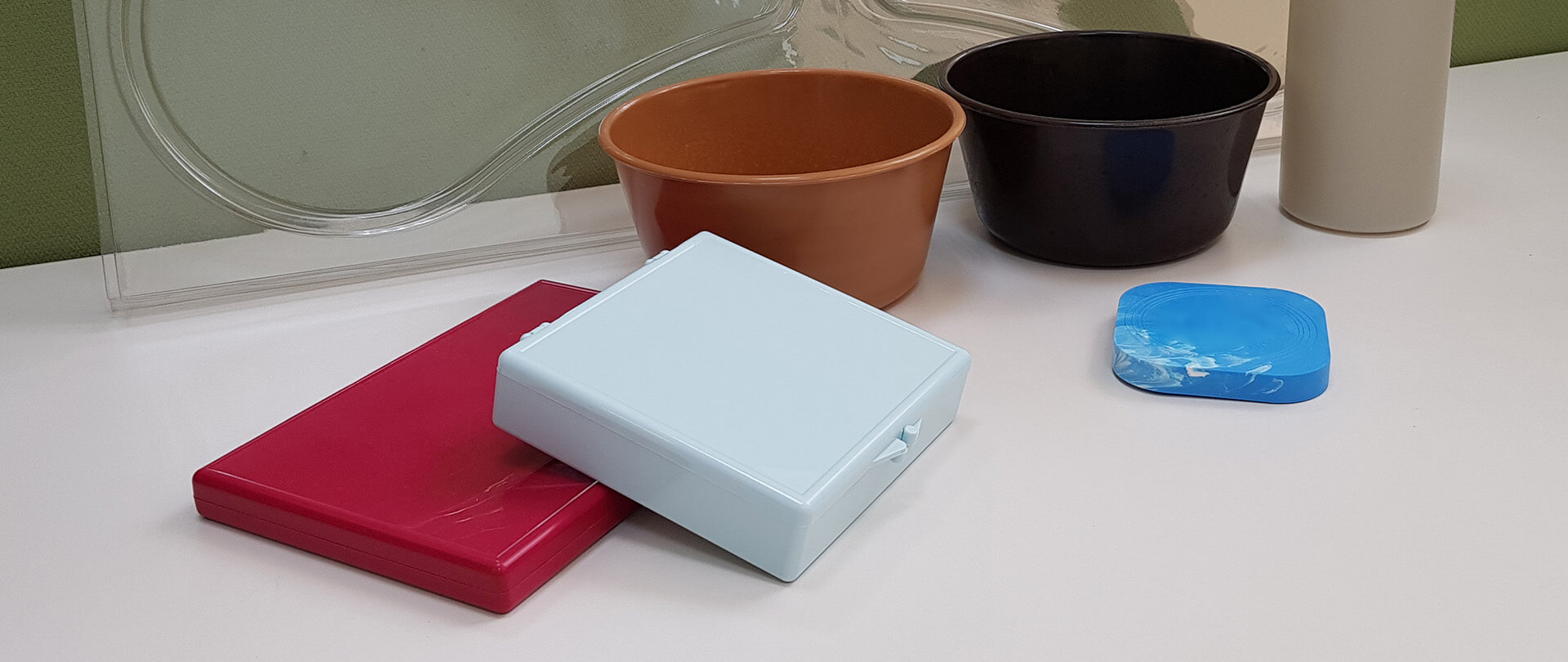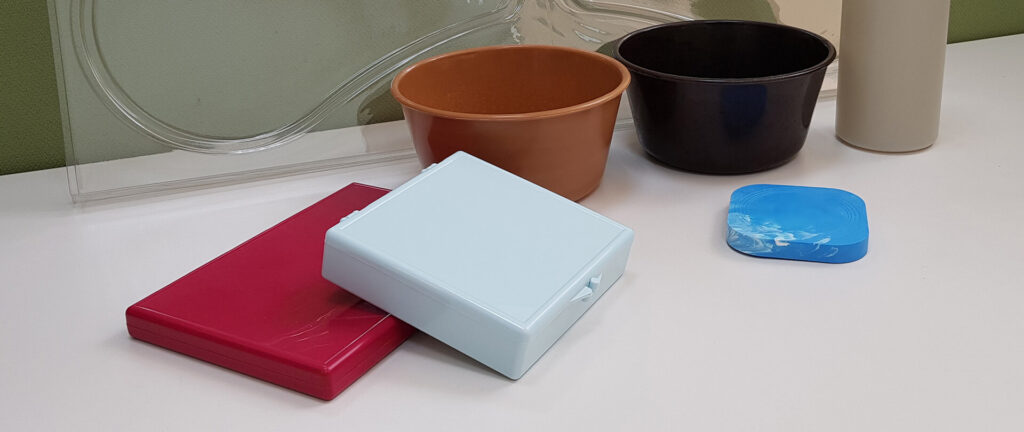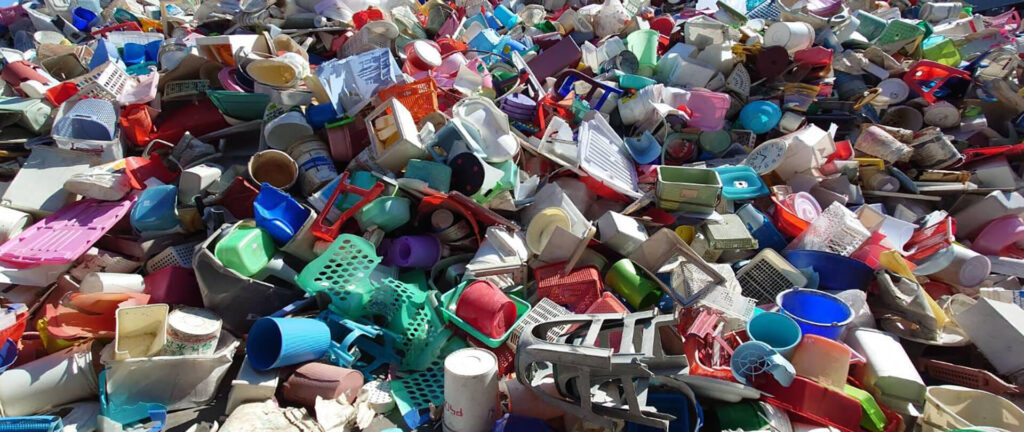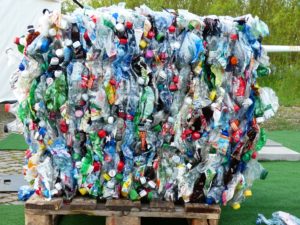
Plastic recycling plays a crucial role in mitigating the environmental impact of plastic waste. As the world grapples with the challenges posed by plastic pollution, understanding the importance of plastic recycling and keeping up with the trends in recycled plastic becomes essential. In this article, we will explore what plastic recycling entails are, the environmental benefits and drawbacks associated with it, the different types of recyclable plastics, the products made from recycled plastic, and the emerging technologies and trends shaping the future of recycled plastic.
What is Recycling Plastic and Why is it Important?
Recycling plastic involves the collection, sorting, and processing of plastic waste to transform it into new usable materials. It is important because it helps reduce the consumption of virgin plastic, conserves natural resources, and minimizes the environmental impact of plastic waste. By diverting plastic from landfills and incineration, recycling helps decrease pollution, conserve energy, and mitigate greenhouse gas emissions.
Environmental Benefits and Drawbacks of Recycling Plastic
The environmental benefits of recycling plastic are significant. Firstly, it reduces the need for new plastic production, which requires the extraction of fossil fuels and the consumption of energy. Recycling also decreases the amount of plastic waste that ends up in landfills or pollutes natural habitats, thereby preserving ecosystems and protecting wildlife.
However, recycling plastic does have some drawbacks. Certain types of plastics are more challenging to recycle due to their composition or contamination. Additionally, the recycling process itself consumes energy and requires the use of chemicals, which can have their own environmental implications. It is important to strike a balance between the benefits and drawbacks of plastic recycling and continually improve recycling technologies and practices.
Different Types of Recyclable Plastics
Plastics are categorized into different resin codes, known as the recycling symbols, to facilitate the recycling process. Common recyclable plastics include PET (polyethylene terephthalate), HDPE (high-density polyethylene), PVC (polyvinyl chloride), LDPE (low-density polyethylene), PP (polypropylene), and PS (polystyrene). Each type of plastic has its own recycling characteristics, and it is crucial to separate them properly for effective recycling.
Products Made from Recycled Plastic
Recycled plastic can be transformed into a wide range of products across various industries. Common examples include recycled plastic bottles, containers, packaging materials, furniture, textiles, and construction materials. By incorporating recycled plastic into the manufacturing process, businesses can reduce their reliance on virgin plastic and contribute to a more circular economy.
The Future of Recycled Plastic: Emerging Technologies and Trends
The future of recycled plastic looks promising, with emerging technologies and trends shaping the industry. Innovations such as advanced sorting techniques, chemical recycling, and biodegradable plastics are improving the efficiency and effectiveness of plastic recycling. Furthermore, there is a growing demand for sustainable packaging solutions and eco-friendly alternatives to single-use plastics. This trend is driving the development of innovative materials and packaging designs that prioritize recyclability and environmental impact.
Plastic recycling plays a vital role in addressing the environmental challenges associated with plastic waste. By understanding the importance of plastic recycling and staying informed about the trends and innovations in recycled plastic, individuals and businesses can contribute to a more sustainable future. Embracing recycling, supporting the development of advanced technologies, and promoting the use of recycled plastic products are key steps towards a circular economy and a cleaner planet.




